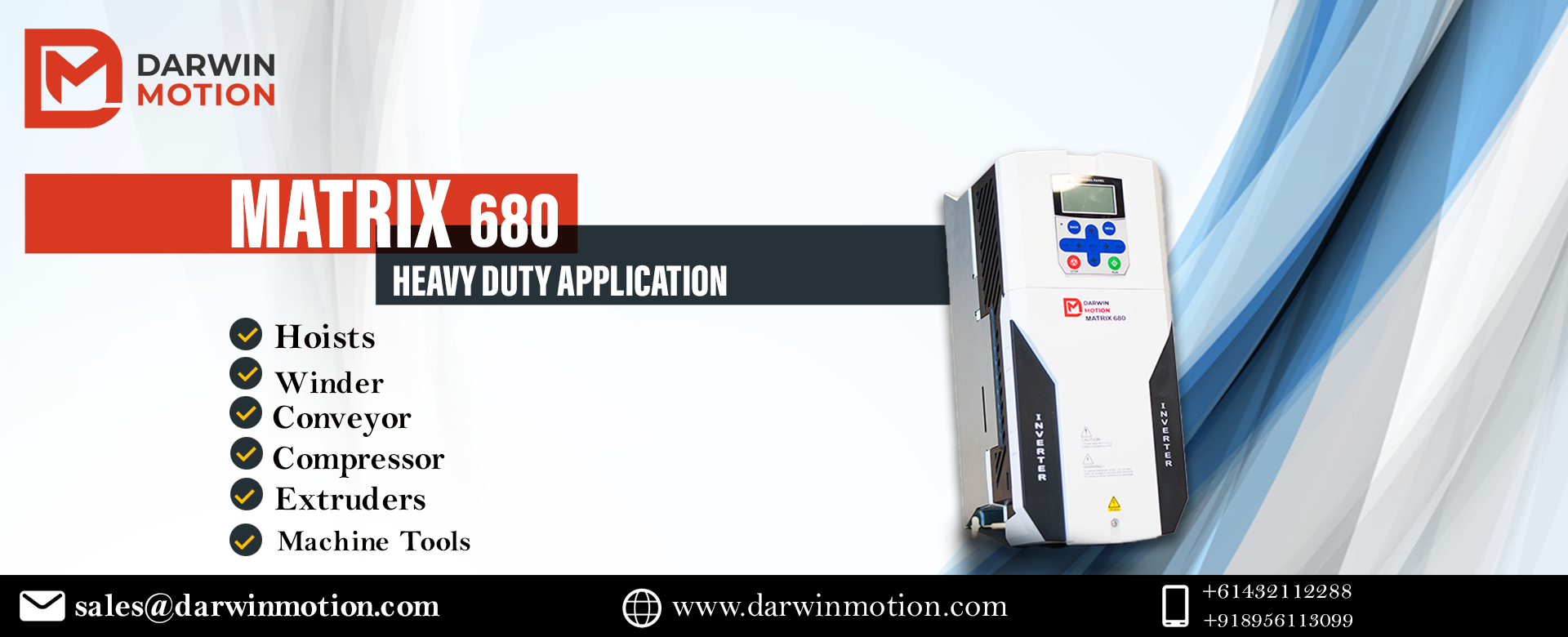Posted on 14th Jun 2024

In the realm of industrial machinery, where heavy-duty motors power critical processes, the importance of smooth and reliable operation cannot be overstated. Motor soft starters emerge as a vital technology in achieving precisely that balance between efficiency and reliability. In this article, we delve into the intricacies of motor soft starters, their functionality, benefits, and applications across various industrial sectors.
Motor soft starters are electronic devices designed to gradually accelerate and decelerate the speed of AC induction motors, thereby reducing mechanical stress and electrical disturbances during startup and stopping cycles. Unlike traditional direct-on-line (DOL) starting methods, which apply full voltage to the motor instantaneously, soft starters employ controlled voltage and current ramps to achieve a smooth and gradual transition to full speed.
The fundamental principle behind motor soft starters lies in the regulation of voltage and current supplied to the motor windings during startup and stopping phases. Upon initiation, the soft starter gradually increases the voltage and frequency applied to the motor, allowing it to smoothly reach operational speed without the sudden torque spikes associated with DOL starting. Similarly, during shutdown, the soft starter gradually reduces voltage and frequency, preventing abrupt deceleration and mechanical shocks.
Mechanical Stress Reduction: By eliminating the abrupt torque spikes and mechanical shocks associated with traditional starting methods, soft starters help prolong the lifespan of motors and connected equipment, reducing maintenance costs and downtime.
Energy Efficiency: Soft starters minimize inrush currents during motor startup, which not only reduces stress on electrical systems but also prevents voltage dips and associated energy wastage. This results in significant energy savings over time, contributing to a more sustainable operation.
Improved Process Control: The precise control over motor acceleration and deceleration provided by soft starters enables finer adjustments in process parameters, leading to improved product quality, consistency, and throughput.
Enhanced Safety: Soft starters mitigate the risk of sudden motor starts and stops, reducing the likelihood of accidents and injuries in the workplace. Additionally, the gradual acceleration and deceleration of motors contribute to smoother operation and increased operator confidence.
Compatibility with Various Applications: From conveyor systems and pumps to fans and compressors, motor soft starters find applications across a wide range of industrial sectors, offering versatility and adaptability to diverse operating conditions.
Motor soft starters are employed in various industrial applications, including:
Pumping Stations: Soft starters control the starting and stopping of pumps in water distribution systems, wastewater treatment plants, and irrigation systems, ensuring smooth operation and preventing water hammer effects.
Conveyor Systems: Soft starters facilitate the controlled acceleration and deceleration of conveyor belts in manufacturing facilities, distribution centers, and airports, optimizing material handling processes.
HVAC Systems: In heating, ventilation, and air conditioning (HVAC) systems, soft starters regulate the operation of fans and blowers, improving energy efficiency and maintaining indoor comfort levels.
Motor soft starters represent a sophisticated solution to the challenges of motor starting and stopping in industrial applications. By providing gradual acceleration and deceleration, these devices offer numerous benefits, including reduced mechanical stress, enhanced energy efficiency, improved process control, and enhanced safety. As industries strive for greater efficiency, reliability, and sustainability, motor soft starters emerge as indispensable tools in optimizing industrial operations for the future.